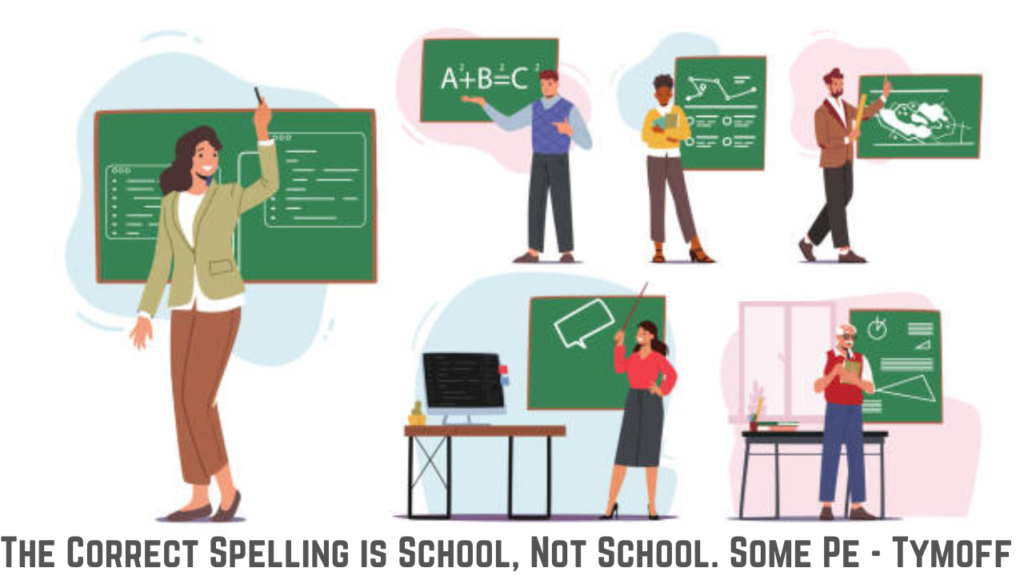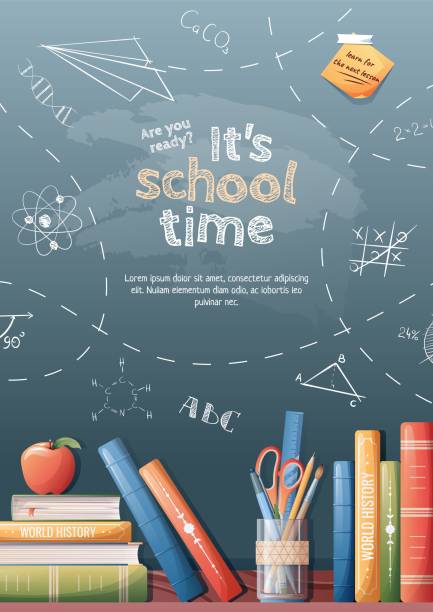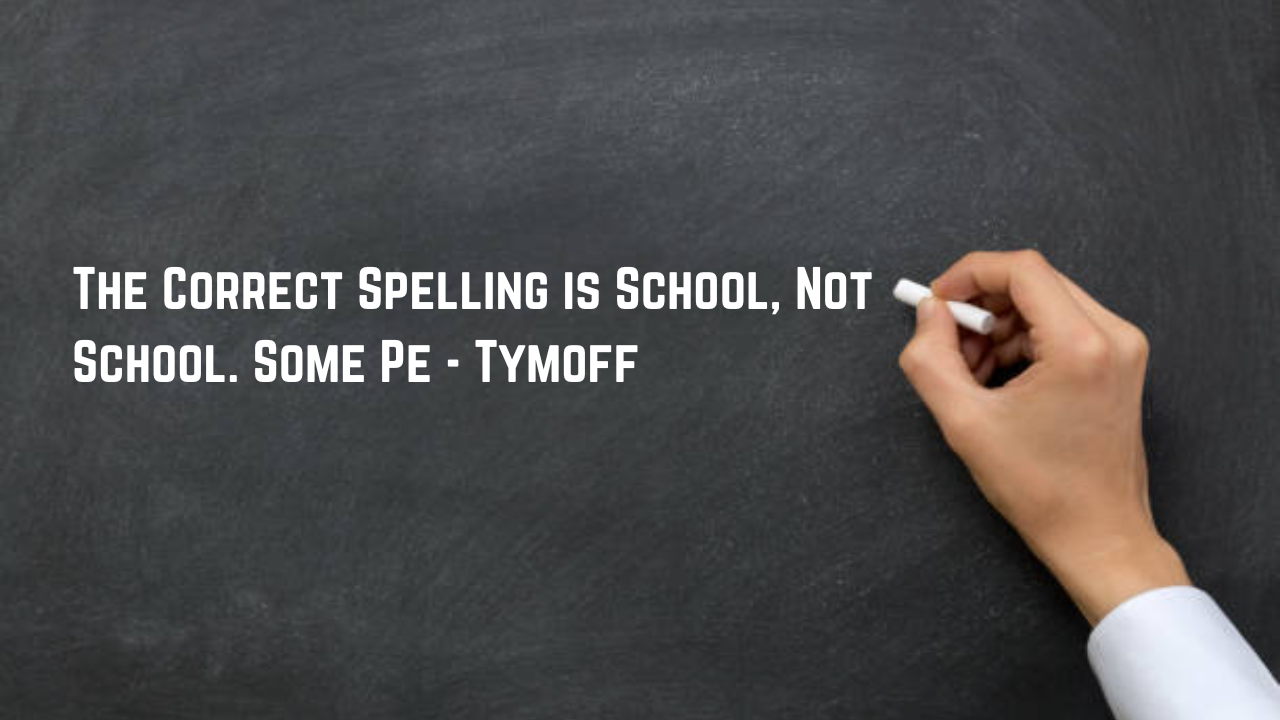Spelling errors can turn even the most straightforward words into sources of humour, frustration, or confusion. The Correct Spelling is School, Not School. Some Pe – Tymoff is a phrase that humorously draws attention to a common misspelling, “Scholl,” often seen in informal online conversations. But why does this happen? What does this phrase signify, and how does it reflect more significant trends in language use? Let’s dive into this topic and uncover the layers behind this quirky phrase.
Why Do People Misspell Common Words?
While rich and expressive, the English language often needs to be clarified. Words like “school” are phonetically inconsistent, with silent letters or sounds that don’t match their spelling. This irregularity makes errors like “school” more common. Additionally, fast-paced texting, autocorrect mishaps, and casual online communication often lead to misspellings.
The correct spelling is school not school. Some pe – Tymoff may poke fun at this, highlighting how people often overlook the basics in their rush to communicate. It’s a playful reminder to slow down and get it right.
Linguistic Humor in Everyday Life
What makes this phrase particularly interesting is the humour it carries. It’s not just a statement about spelling; it’s a lighthearted jab at the tendency to make simple mistakes. Humour plays a crucial role in language, entertaining even mundane topics like spelling.
When we read, The Correct Spelling is School, Not School. Some Pe – Tymoff, it feels like a conversation we’ve all had—or witnessed. Whether in chat groups or comment sections, these minor errors often spark jokes and camaraderie.
Decoding “Some Pe – Tymoff”
The phrase’s ending, “Some pe – Tymoff,” is intriguing. While it’s difficult to pinpoint its exact origin without context, it seems to further the joke by adding a quirky, unfinished element. This part could represent the randomness and imperfection of informal communication, where half-typed thoughts or auto-corrected phrases make their way into our chats.
This randomness doesn’t dilute the message but makes it more relatable. After all, who hasn’t sent a message that looked like gibberish and only laughed about it later?

The Importance of Correct Spelling
Misspelling may be harmless in casual settings but has significant consequences in formal contexts. For students, professionals, or anyone communicating seriously, spelling errors can harm credibility and cause misunderstandings. The correct spelling is school, not school. Some pe – Tymoff pokes fun at casual errors, indirectly emphasising the need for linguistic accuracy.
When we spell correctly, we ensure our ideas are clearly understood. Spelling is not just about rules; it’s about respect for the language and people reading your words.
Why Words Like “School” Are Commonly Misspelled
Words like “school” are simple but often victims of errors due to their frequent use. People type them quickly without reviewing their work or rely on autocorrect, which can sometimes replace correctly spelt words with wrong suggestions.
The Correct Spelling is School, Not School. Some Pe – Tymoff becomes a humorous commentary on this phenomenon. It highlights the irony that even words taught in early education can be misspelt in adulthood.
Digital Communication and Its Impact on Language
The rise of digital communication has transformed how we use language. Texting and social media have popularized abbreviations, emojis, and casual writing styles. While this evolution makes communication faster and more flexible, it also contributes to spelling errors.
The Correct Spelling is School, Not School. Some Pe – Tymoff captures this shift perfectly. It reflects the blending of formal language rules with the informal quirks of digital conversation.
Tips for Avoiding Common Spelling Errors
While laughing at typos is fun, improving our spelling is always a good idea. Here are some tips to avoid common mistakes:
- Slow Down: Take a moment to review your message before hitting send.
- Use Spell Check: Most devices have built-in tools to catch errors.
- Practice Common Words: Familiarize yourself with frequently used terms, especially ones prone to mistakes.
- Read Aloud: Hearing your words can help you spot errors.
- Learn from Mistakes: Treat each error as a learning opportunity.
By following these steps, you can avoid becoming the subject of a phrase like The Correct Spelling is School, Not School. Some Pe – Tymoff.

What Makes This Phrase Memorable?
Part of the charm of The Correct Spelling is School, Not School. Some Pe – Tymoff is its relatability. Everyone has made a spelling mistake at some point, and this phrase captures the humour in those moments. It’s simple yet effective, making it easy to share and laugh about.
Including “Tymoff” adds a personal touch, perhaps referencing someone known for such errors. This element makes the phrase feel specific and universal, whether it’s an inside joke or a broader cultural nod.
Also Read: Jackson Holliday: The Rising Star of Major League Baseball
Conclusion
The Correct Spelling is School, Not School. Some Pe – Tymoff is more than a humorous phrase. It reflects the quirks of language, the impact of digital communication, and the shared human experience of making mistakes.
By understanding the humour and lessons behind it, we can appreciate the importance of spelling while still enjoying the occasional laugh at our errors. So next time you see a typo, remember to smile—and double-check your work!



